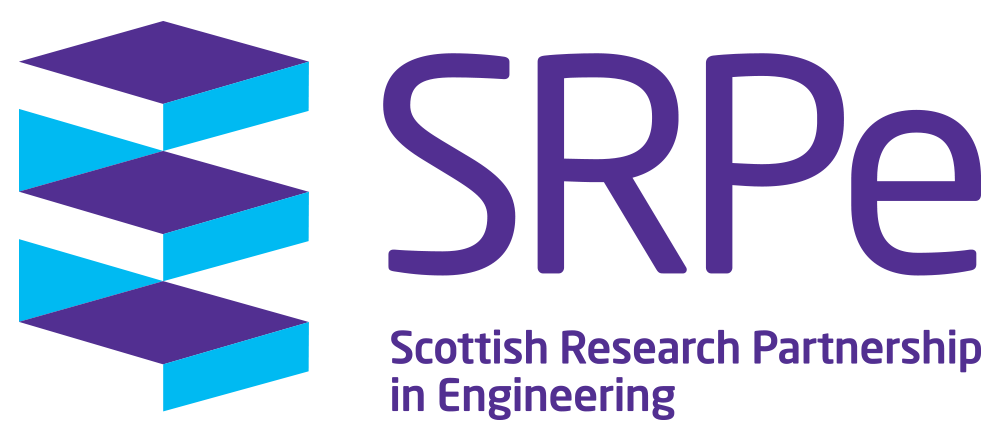Data Driven Innovation of Sustainable Infrastructure Materials (DDISIM)
PECRE Award Holder: Dr Rupert J Myers, University of Edinburgh
Exchange Hosts: Massachusetts Institute of Technology (MIT), Yale University, USA
Deterministic experimental and modelling approaches to understanding CRM properties have greatly advanced through analyses of vast amounts of data generated by over a century of time and personnel intensive trial-and-error experimentation. Thus, the physico-chemical properties of high Portland cement (PC) materials are now generally well known, as they also are for an increasing number of low(er) PC materials involving common supplementary cementitious materials (SCMs) like fly ash with lower life cycle CO2 emissions. However, low(er) PC materials with increasingly diverse chemistry and performance continue to be developed in order to reduce CO2 emissions, which is increasing the number of viable CRMs available for use. In turn, more physico-chemical processes need to be better understood in order to analyse CRM performance, making applications of deterministic approaches more challenging. It is similarly becoming more challenging to assess their life cycle environmental impacts.
In DDISIM, I will visit MIT and Yale for 6 weeks to develop and apply novel machine-learning (ML) and Monte Carlo (MC) algorithms. Significantly, these algorithms will uncover step-change insights much more rapidly than conventional deterministic approaches by leveraging the vast amount of available data for CRMs. The MC algorithm will couple thermodynamic modelling, corrosion chemistry, and life cycle assessment. The ML algorithm will leverage my expertise in CRMs to identify the most important parameters and values to focus research of CRMs high in SCMs and low in PC on. Finally, a coupled ML-MC algorithm will be developed in which ML will be used to determine key MC parameters such as SCM reaction extents. All algorithms are highly novel and together represent a paradigm-shift in CRM research methodology. Results will be published in multiple high impact journal papers and discussed in light of their ability to guide the development, optimisation, and use of higher performance and lower impact CRMs.
